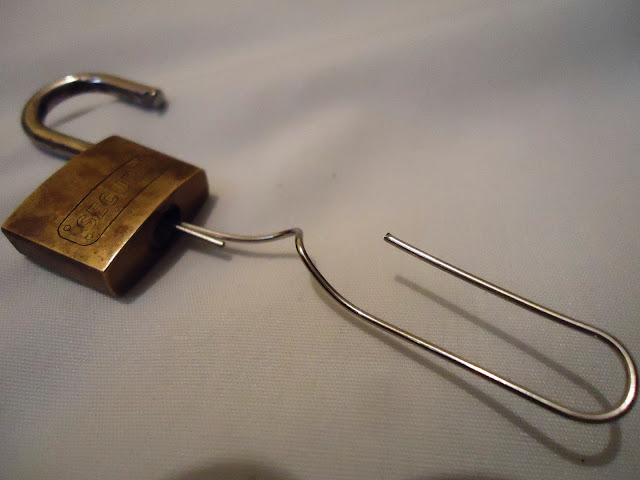This is one of numerous articles I wrote for the Sunday News (Tanzania) column "Letter from Butiama" between 2005 and 2011. Publication date: 2 July 2006.
*************************************************
There are
proportionally far fewer people who will commit a mistake and say, “I am
sorry”, or “I made a complete fool of myself.” You are likely to hear a far
greater number of people justifying their mistakes.
To err is human,
but to make excuses is even more so. Humans make errors, and are experts
at making excuses.
We learn from
childhood that we are likely to face serious consequences when we admit
mistakes. The result is that we grow into adults who instinctively make excuses
for our mistakes so that blame is shifted to some other person or factor.
Considering some
of the problems we may encounter by admitting mistakes, it is understandable
that we do not readily accept blame. If you break the law, the consequences
of admitting guilt in a court of law are known: a fine or a jail term - or a one-way ticket to heaven or hell for the serious offences.
It seems that the more serious consequences of admitting fault are permanently
registered in our memories from childhood and so, in adulthood, we spend a
great deal of time disassociating ourselves with our mistakes.
The excuses are
sometimes ingenious. The whole World except Argentina believes that footballer
Diego Maradona scored with his hand, while playing for Argentina in a FIFA
World Cup match against England on 22 June 1986 at Mexico City’s Aztec Stadium.
His excuse: “It was the hand of God.”
The football
matches we see on television show some of the players praying each time they
score, or when they enter the pitch. It creates the impression that many of the
players are extremely religious individuals, but Maradona’s excuse had the
effect of elevating excuses to an unprecedented level. There are few who would attribute Maradona's goal to God. The more conventional justification would have been
to blame it on the devil.
To be fair to
Maradona, footballers have no mechanism for admitting fault on or off the
pitch. Maybe FIFA, the World’s football federation, might want to add
confessions to its “fair play” campaign.
By spending time
in excusing ourselves we end up lengthening an extremely short story with only
three words, “I am sorry” (only one word in Kiswahili, samahani) to one
containing hundreds of words.
Sometimes
apologies are not enough and people demand to know the reasons for committing a
mistake. There are many reasons for making mistakes, which are often grouped
under the heading, “reasons beyond my control”. If you are tempted to utilise
this overused phrase, you might consider leaving that judgement for others to
make. A reason beyond control is not a good excuse, a Tsunami is.
The simple advice
is, unless you are not facing a judge, when you make a mistake just say you are
sorry, don’t make excuses. However, there should be a limit to the number of
times one can apologise. If you begin to sound like an old phonograph record,
stuck on the same three words all the time, then you do not become believable
anymore, but may only reveal that you are addicted to those words.
When you find you
just have to make an excuse, try and make them believable. I failed that test
years ago during a visit to Washington D.C. I phoned for a taxi and waited for
an extremely long period outside the house I was staying in. When I
called the company again to find out the reason for the delay, the dispatcher
pointed out to me that I had provided her an erroneous house number, which did
not exist on that street. The taxi driver had been driving around for a long
time looking for house number 2065, when he should have been looking for house
number 2056.
When after my
second call the taxi driver was given the correct house number he arrived at
the house furious. I was quick to apologize, but made the error of justifying
my excuse. Instead of providing a three-word apology, I transformed the apology
into an excuse of about ten words. I told him I was actually a visitor to
Washington D.C., suggesting that was the reason why I made the error.
He told me he
didn’t care where I came from because “…twenty fifty-six was twenty fifty-six,
even in Chinese!” Even in Kiswahili script, 2056 was and remains 2056, and I
should have not had a problem translating that into English.
To be fair to
myself, I only had a few seconds in which to come up with a believable excuse.
Under normal
circumstances I would have immediately laughed at myself for making such an
amateurish excuse, but I had no wish to further provoke the taxi driver.

.jpg)
.jpg)
+(640x480).jpg)
.jpg)

.jpg)
.jpg)
.jpg)
.jpg)